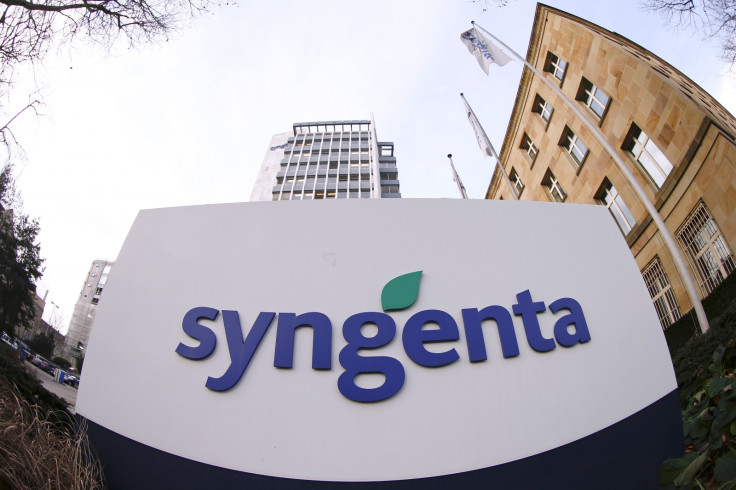Monsanto sweetens offer for Syngenta to $47bn

US agribusiness Monsanto has sweetened its offer to acquire Swiss agrochemicals firm Syngenta, valuing the latter at around $47bn (£29.9bn, €40.9bn). Syngenta earlier rejected a $45bn offer, saying it fundamentally undervalued its prospects.
In a bid to lure Syngenta to the negotiating table, Monsanto (NYSE:MON) raised its offer to CHF 470 (£318.11, €434.88, $499.84) per share from CHF 449 per share, according to media reports. Syngenta's US listed shares (NYSE:SYT) jumped 10% on 24 August, after closing in Zurich at CHF 357.6 a share.
The sweetened offer primarily increases the cash portion of the original cash and stock proposal, Bloomberg reported. It comes after some top Syngenta investors pushed the company's board to sit down and seek a better offer.
Monsanto also increased the size of a break-fee payable to Syngenta to $3bn in case an agreed deal was blocked by regulators, the news agency, which first reported the development, added. Syngenta's board is slated to meet as soon as 25 August to decide on how to respond to the increased offer.
Syngenta earlier confirmed that it received an unsolicited proposal from Monsanto to acquire the Switzerland-based crop chemicals maker for about $45bn. However, the company's board unanimously decided to reject the offer, which "fundamentally undervalues Syngenta's prospects and underestimates the significant execution risks".
"Monsanto's proposal does not reflect the outstanding growth prospects of Syngenta's integrated strategy and the significant future value potential of the company's crop-focused innovation and market leading positions," Michel Demaré, Syngenta chairman, said.
He added that the company's new products were achieving rapid sales growth globally and its crop protection products in development had total peak sales potential of over $3bn. Syngenta currently has presence in over 90 countries and employs more than 29,000 people across the globe.
© Copyright IBTimes 2025. All rights reserved.






















